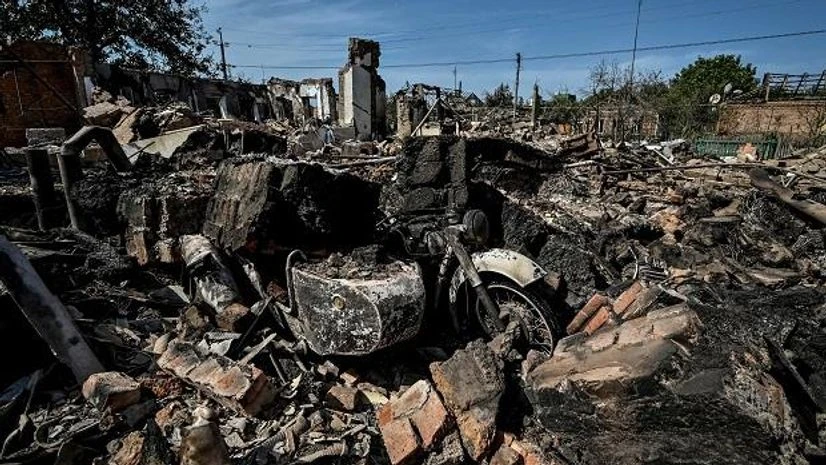The ongoing war in Ukraine and inflation are affecting the tourism industry, which is recovering from the devastating impact of the COVID-19 pandemic, according to Secretary-General of the UN World Tourism Organization (UNWTO) Zurab Pololikashvili.
Another major factor that is impacting the industry is that some Asian countries such as China are still "closed", he said.
"Chinese market is very important for the industry... China until today is totally closed... It's a big damage for them and for the rest of the world," he said.
"Price rise impacted cost of hotel and transport and the troubles today are of people's inability to spend easily and the war. War has changed structure of international visitors... Russia itself is quite a big market, specially for Europe.
"As you know, Russians have many residential properties in Europe and it affected a lot on the European market," he said here earlier this week.
Also Read
Pololikashvili was here for the signing of an agreement with leading hospitality school Les Roches to promote innovation and technological incorporation in the tourism and hospitality sectors across the globe.
"India again is of course a big market, for both inbound and outbound travellers. India is active member of our organisation... We need presence of more European schools there. It's really important to invest on people, invest in tourism and (hospitality) education especially," he said.
As part of the tie-up, Les Roches will train tourism and hospitality talent from more than 100 countries at its campuses in Switzerland and Spain.
"All of us know it (pandemic) was the most difficult, hard year for the industry. Everything was closed and we are talking about 75/ 80 per cent decrease in international passengers...hundreds of millions of jobs are still under risk, but we have seen this year it has capacity to recover very quickly," he said.
The secretary general said that the tourism sector has changed a lot after the pandemic.
"People now prefer to do less trips but stay longer. The age ( profile) of tourists has changed a lot. Young people travel a lot and domestic tourist is increasingly booming...during Covid, tourists first started to travel domestically because it was not possible to travel outside," he said.
During the pandemic, technology provided many creative solutions for the industry. Innovation and digital platforms are very important now for the sector, he said and stressed the need for more quality hospitality education institutes such as Les Roches.
Pololikashvili, however, allayed apprehension that technology will reduce jobs in the sector.
"Tourism is one of the industries where there is and will always be space and place for workers, physical workers, I mean... I absolutely agree that technological environment decreases the number of workforce, but again technological part needs physical employees to do it. It is created by people, so they move from one office to another," he said.
There is also a big deficit in workforce, especially in Europe, he said. "Especially, because of Covid, many immigrants left their workplace and (are finding it) very difficult to come back... And that's why we need more prepared (trained) people."
"Working in tourism sector is now prestigious. I remember 10 or 15 years ago, to be a chef was not at all prestigious, but today they earn much more money that CEO or CFO of small and medium companies. For that reason we stared attracting youth," Pololikashvili said.
The UNWTO is the United Nations agency responsible for the promotion of responsible, sustainable and universally accessible tourism.
(Only the headline and picture of this report may have been reworked by the Business Standard staff; the rest of the content is auto-generated from a syndicated feed.)

)
